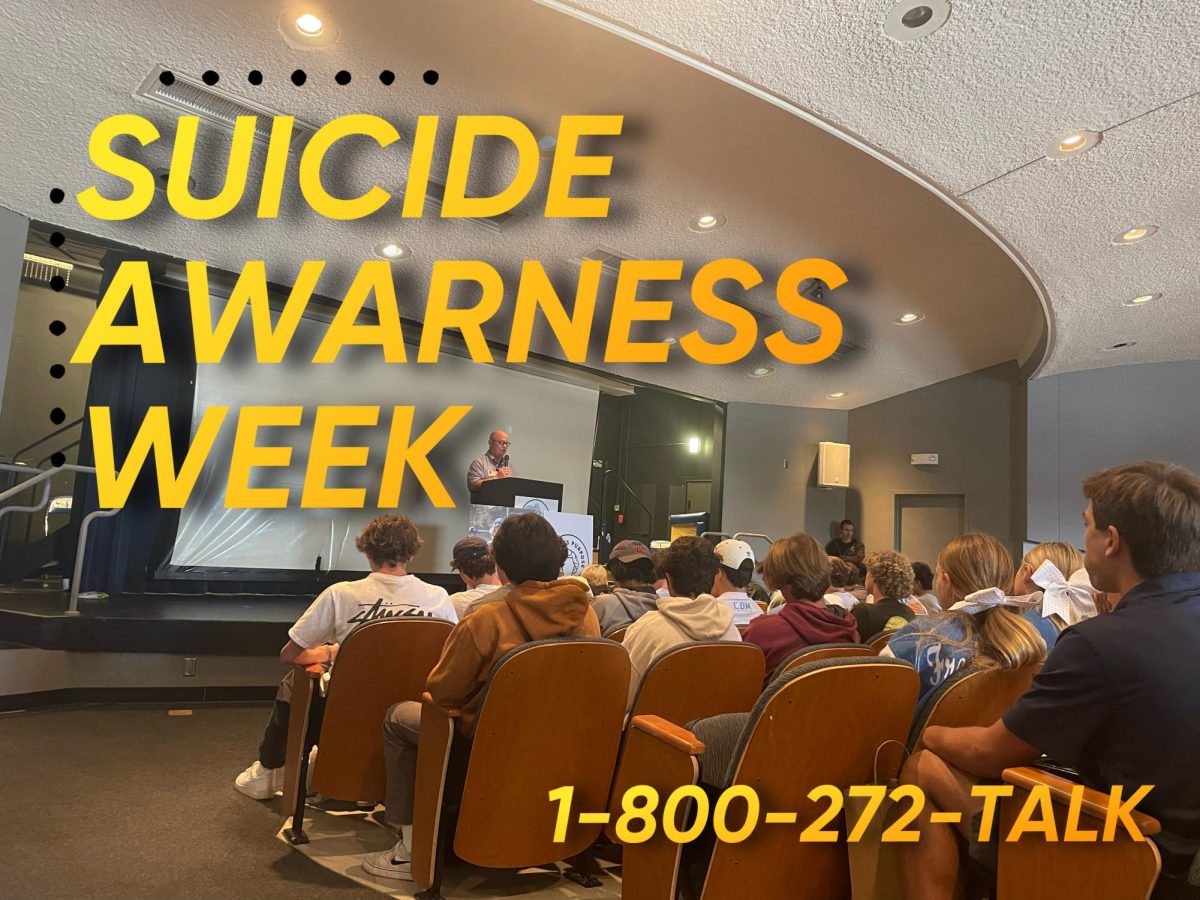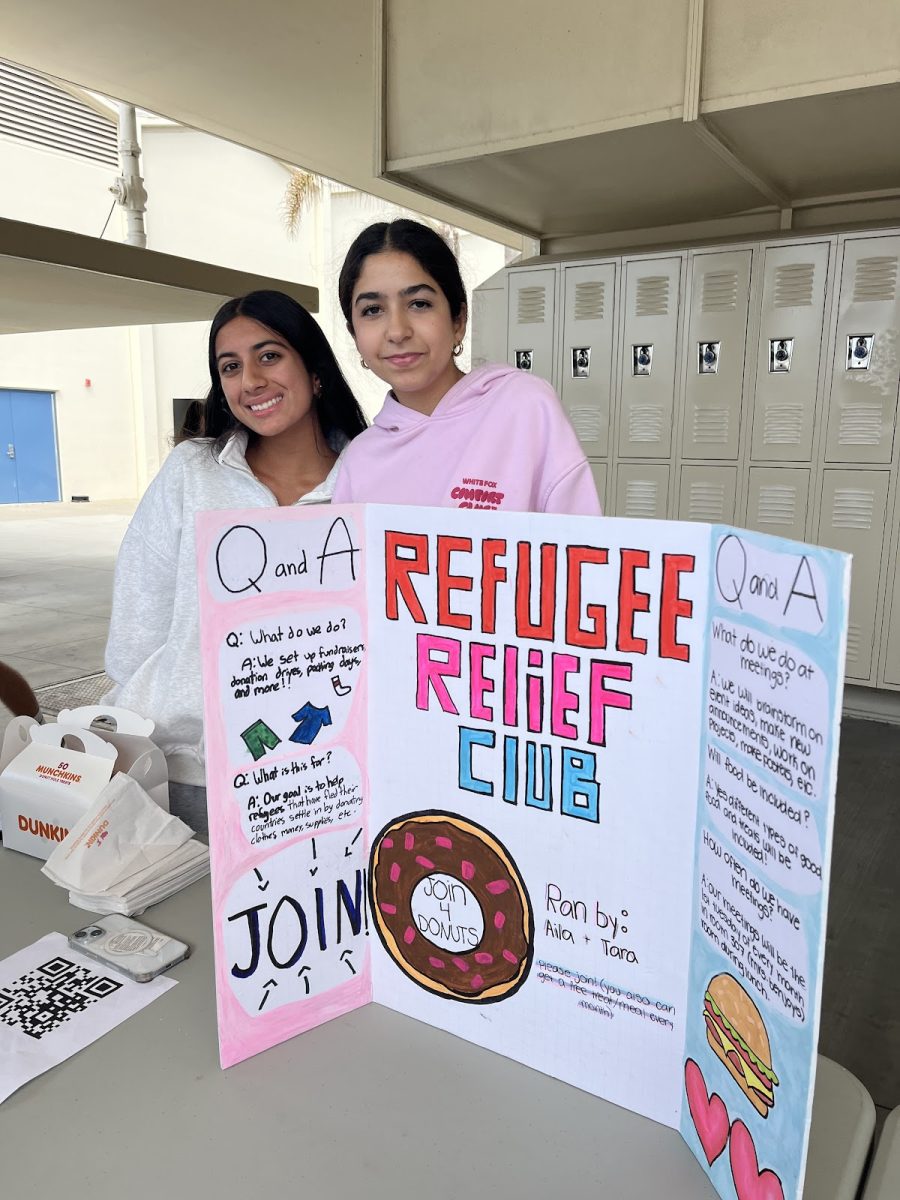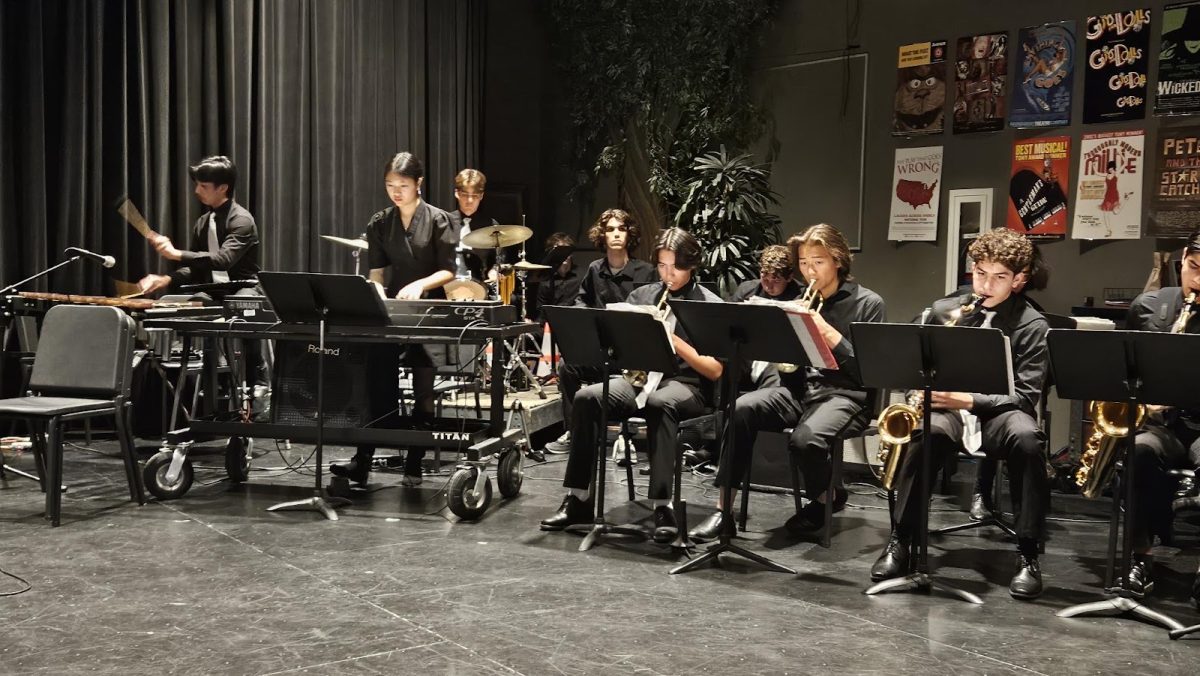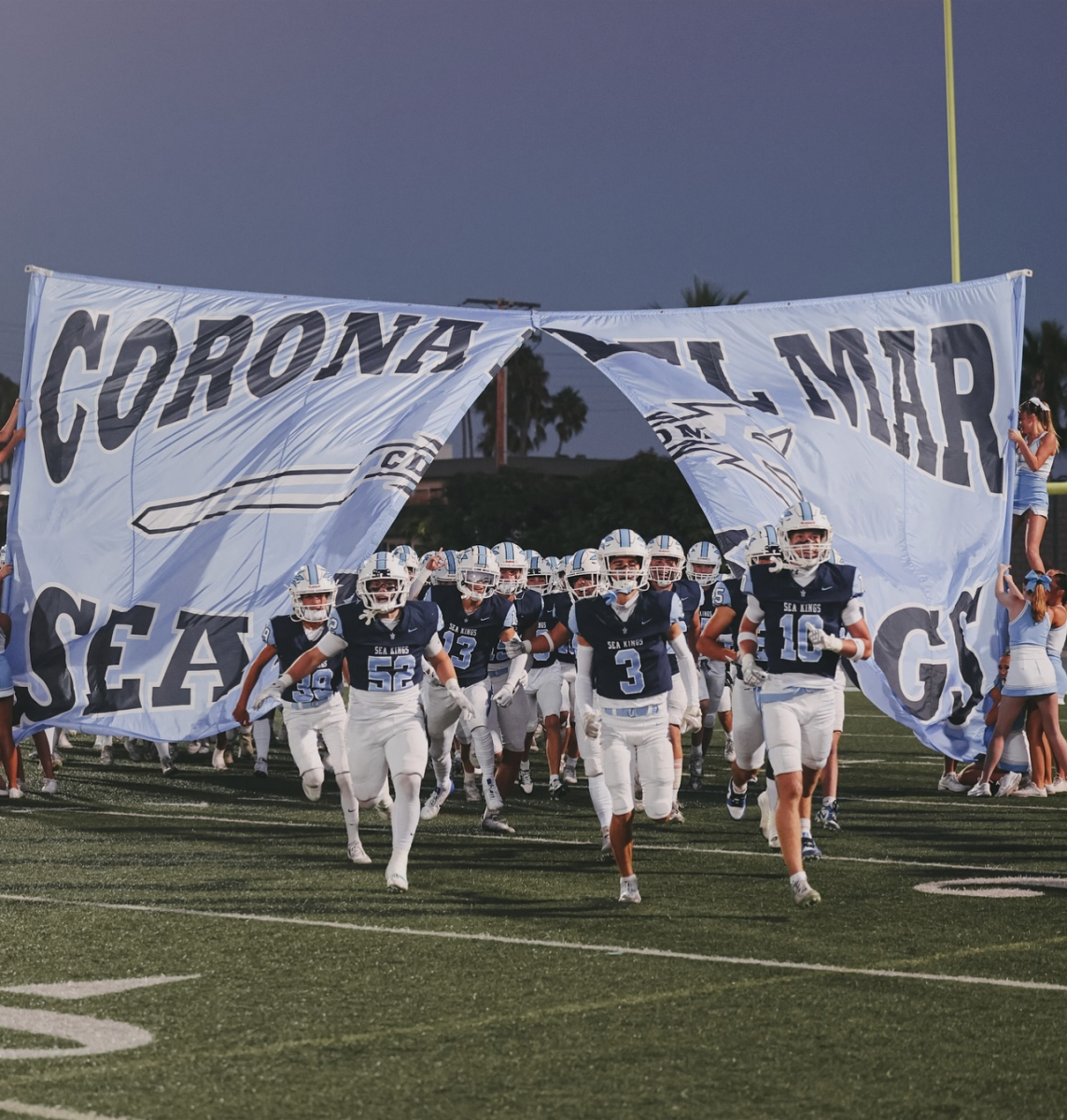September is National Suicide Awareness month and to honor this CdM’s ASB Wellness Committee hosted Suicide Awareness Week. Both the national month and week at CdM were established to make people acquainted with the common signs of suicidal thoughts, ways to cope with mental health, and to destigmatize the very thing that has become the second leading cause of death in teens.
To start off the week, a video about ONE was shared on Trident TV. ONE is a place on campus where students can go to find people to talk to, a place to sit during lunch, and strives to bring awareness of a multitude of topics like drugs, depression, and even teen suicide to students on campus. The video featured two brand ambassadors informing students about ONE’s role on campus and why they joined.
On Tuesday and Wednesday the committee’s Instagram (@cdmhs.wellness), posted resources for students who are struggling. On campus, they highlighted PAL and ONE, as well as their very own committee as organizations to reach out to when students need help or even if they just need someone to chat with. They also provided resources that are available 24/7 including the Trevor Project Hotline for LGBTQ+ ((877)968-8491), Youthline: Teens Helping Teens ((877)968-8491), Suicide & Crisis Lifeline (dial 988 or 1-800-272-8255), National Eating Disorders Hotline (1-800-931-2237), and The American Foundation for Suicide Prevention (ASFP.org).
To end the week they partnered with Patrick’s Purpose Foundation to bring John Turner in to speak to students about things they should look out for in their friends and loved ones, as well as ways to cope with their own stress. John Turner’s wife, Kim Turner, is the Executive Director of Patrick’s Purpose which was created five years ago after CdM student Patrick Turner, their son, died by suicide. The foundation “commits to awarding scholarships to high school seniors attending a community college or trade school, donating books to elementary schools on social emotional learning, placing buddy benches at schools, and fostering open conversations within the community about mental health and wellness,” according to their website (patrickspurposefoundation.org).
Throughout the presentation Turner talked about Patrick and the kind of change he wanted to see in the world, informed students about the prevalence of suicide in teens (20% have seriously thought about it, 9% have attempted), and detailed pieces of advise for teens. He informed students about signs to look out for: outwardly talking about wanting to die, giving away valued possessions, significant changes in behavior or habits, increased use of drugs or alcohol, feeling of unbearable pain, withdrawal, moodiness or prolonged depression, failing grades or declining quality in school work, feelings of hopelessness, having no reason to live, and talking about being a burden to others. He advised students that if any of their friends exhibit these signs, to reach out to an adult and he advises that “this is one secret you can’t keep even if you think you may lose your friendship, reaching out for help is more important and to take every situation seriously.” He emphasizes that students should “live their lives, not someone else’s” and that doing things that one is passionate about is important. “We always think that the kid sitting next to you or the kid across the street [is] doing better…[that] you are going to catch up to them and the thing is you only see what’s on the surface. You don’t know what’s going on behind their front door. They may be struggling with a whole bunch of things and you shouldn’t be worrying about [what they are doing]. You should be concerned and focused on what you want to do and what you like to do,” Turner stated.
He also emphasized that students need to find someone to talk to, “I suggest, particularly, if your parents are open to [a conversation] or if you can find some sort of a counselor…somebody who understands the human mind and emotions.” He thinks that oftentimes the thing that teens need is reassurance, “Everything you’re experiencing right now, regardless of what it is, you’re probably experiencing it for the first time and… you’re always wondering ‘am I the only one experiencing this?’ and the fact is you’re probably not.” Turner wants students to always remember that “The pain you’re going through, the hurt you’re going through, everyone goes through it and you just need to get to the other side. Having that comfort level that you’re not alone, I think it’s huge and so I think there’s a variety of different people you can talk to. It’s family, friends, a coach, a favorite aunt, sometimes it’s not your parents, and that’s perfectly normal, just keep searching.”
Committee member Sophie Trying thinks that this week is very important, “Especially since we’ve had incidents in the past of suicide and I also think mental health is becoming more and more important these days, we nee to focus on it.” Both Trying and Turner emphasized the impact that social media and stress from school can have on students and their mental health.
Although both the national month and ASB week have come to a close, suicide awareness is always a pressing issue. Turner ended his speech with a few assignments for the students as a way to encourage them to help make changes, not just on campus but in every part of their lives and so here are a few things students can do for themselves and loved ones: check in with at least one close peer or relative, include a new person at lunch or over the weekend, be honest and truthful about any feelings, to treat mental health the same as physical health, and to keep in mind that struggles with mental health are not something to be ashamed of.
Trident wants students to be aware of the many resources they have:
On campus:
- ONE, located next to the 200 building and the pool, @oneoncampus on Instagram
- PAL, @cdmpal on Instagram
- The counselors in the high school front office
Off campus:
- 24/7 crisis line, text HOME to 741741
- Suicide Hotline, dial 988 or 1-800-272-8255
- National Alliance on Mental Illness Helpline, 1-800-950-6264
- General Crisis Line, dial 211
- Trevor Project Hotline for LGBTQ+, 877-968-8491
- Youthline: Teens Helping Teens, 877-968-8491
- National Eating Disorders Hotline, 1-800-931-2237














